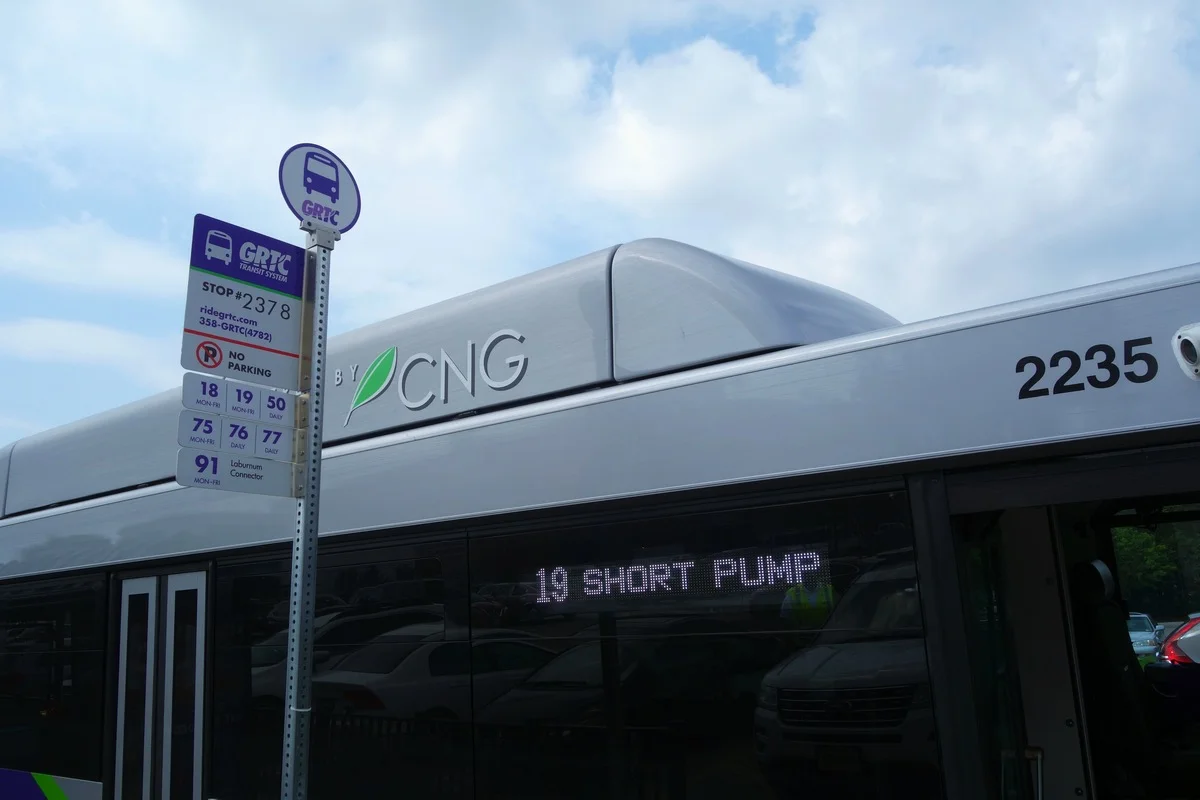TAKE ACTION
Exciting news: We’re hiring a handful of part-time community advocates to help us with outreach, recruitment, and community engagement for a new project we’re working on called RVA Rides. If you’re interested read more about the position and apply before October 22nd!
The annual Morton B. Gulak Lecture in Urban and Regional Planning is this Wednesday, October 17th at 7:00 PM in VCU’s University Student Commons. Majora Carter will give this year’s lecture, which sounds fascinating and is titled “Beyond Mobility: Designing Public Transit to Cultivate Communities of Opportunity”. The event is free and open to the public, although space is limited so get there early!
AROUND THE REGION
Charles Mitchell, interim CEO of GRTC, has a column in the Richmond Times-Dispatch about GRTC’s work towards reducing their carbon footprint and helping to create a more sustainable commonwealth. Getting more folks using public transportation is one of the ways to offset climate change. As City Lab put it this week, “The Planet Can’t Survive Our Transportation Habits.”
In micomobility news, Richmond’s dockless, shareable scooter ordinance, ORD. 2018-262, should end up in front of the City’s Land Use, Housing and Transportation committee this coming Tuesday. Scooters, deployed in an equitable way, can be an important tool to fill gaps in our existing transportation network.
ELSEWHERE
The Washington Post looks forward to a comprehensive rethinking of the D.C. region’s entire bus network. While they’ve got multiple, large systems to work on, the basics of improvement remain the same regardless of system size: “Ideally, there would be a robust network of bus lanes, frequent service 24/7, all-door entry and an electronic or off-board payment system.”
TransitCenter has a new report out about what makes a good bus stop. Richmond already does some of their recommendations, but I would like to see more movement on something like this: “Transit agencies should become experts on their bus stops, and maintain information about every stop in an interactive database that can be shared publicly.”
—Ross Catrow

